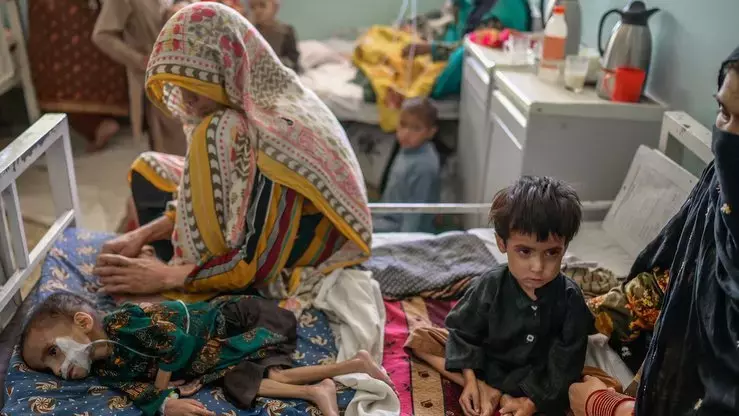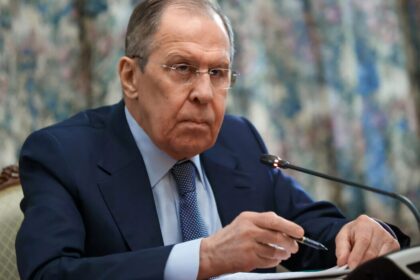RASC News Agency: In a grim and urgent warning, five United Nations agencies have issued a joint appeal highlighting the accelerating malnutrition crisis in Afghanistan, which they describe as a looming humanitarian catastrophe. The crisis, exacerbated by the Taliban’s systematic failure to govern and provide basic services, has placed millions of vulnerable Afghans particularly women and children on the brink of starvation. The emergency appeal, released on Sunday, June 15, by UNICEF, the World Health Organization (WHO), the World Food Programme (WFP), the Food and Agriculture Organization (FAO), and the United Nations Population Fund (UNFPA), stresses that Afghanistan is now among the world’s 15 worst-hit countries for child malnutrition. According to the report, nine out of every ten children in Afghanistan face severe food insecurity, while four out of ten women suffer from chronic malnutrition figures that reflect the catastrophic erosion of healthcare, nutrition, and economic infrastructure under Taliban rule.
The UN agencies identify the primary drivers of the crisis as economic collapse, political instability, prolonged drought, environmental degradation, and the disintegration of healthcare and agricultural systems. All of these, they argue, have been worsened by the Taliban’s inept governance, ideological rigidity, and refusal to engage in coordinated international humanitarian mechanisms. More than 9.8 million people are currently living in acute food insecurity across the country. Experts warn that this growing nutritional emergency poses a direct threat not only to survival today but to the long-term physical and cognitive development of an entire generation of Afghanistani children. The damage, they warn, could become irreversible.
“The health of newborns is intrinsically linked to the nutritional well-being of mothers during pregnancy and breastfeeding,” said Kobina Asante Antwi-Amuah, UNFPA’s representative in Afghanistan. “Without access to adequate nutrition and care, we are jeopardizing future generations before they even have a chance to live.” Edwin Ceniza Salvador, WHO representative in Afghanistan, underscored the urgency of rebuilding the country’s collapsing healthcare infrastructure:
“The health system is in tatters, and unless immediate action is taken to stabilize and rebuild it, the consequences will be devastating.”
John Aylieff, the WFP’s regional director, emphasized the disproportionate suffering of Afghanistani women and children under Taliban rule:
“Women and children in Afghanistan are enduring the heaviest burden of hunger. Without continued international support, we are staring down the barrel of a deadly malnutrition epidemic.” The report further notes that with only five years remaining to meet the UN’s Sustainable Development Goals, Afghanistan under Taliban mismanagement is regressing at an alarming pace. The report warns that unless urgent and coordinated action is taken, millions of children will become the silent victims of a man-made crisis, perpetuated not by natural disaster but by political paralysis and regressive governance.
In addition to immediate humanitarian intervention, the UN agencies are advocating for a comprehensive, multi sectoral response strategy one that not only delivers emergency food aid, but also rebuilds Afghanistan’s broken agricultural, healthcare, educational, and social protection systems. They emphasize that humanitarian aid must be delivered through independent, neutral channels, bypassing the Taliban’s corrupt and exclusionary bureaucracies to ensure that relief actually reaches those in need. This collective alarm by UN institutions is not merely a plea for aid; it is a damning indictment of the Taliban regime’s inability and unwillingness to govern responsibly. While the Taliban continues to prioritize ideological domination and suppress civil liberties especially for women and girls it has shown gross indifference to the humanitarian collapse it is both causing and ignoring. As the international community debates policy, Afghanistan’s most vulnerable populations are being starved into silence under a regime that has weaponized neglect.






